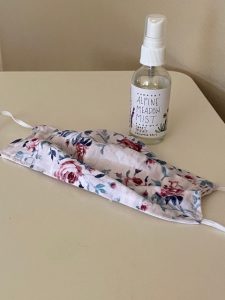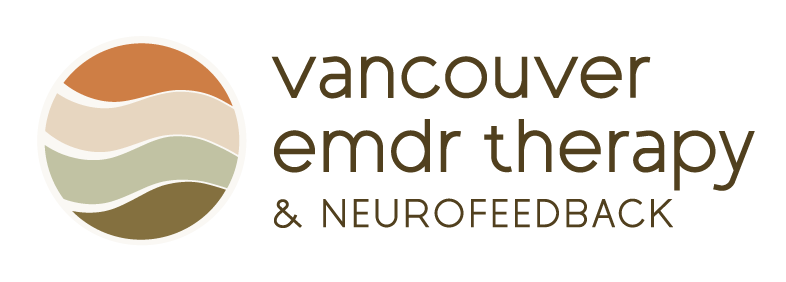Mask wearing, insomnia, grief, Post-Traumatic Growth and soothing with water. To learn more please read the blog below…
This is a list of monthly “trauma recovery tips” from a trauma specialist to help you reduce the effects of trauma and chronic stress on your life so you can live from a place of healing, hope and happiness.
Healing from trauma is a different process for each person. As a trauma-focused therapist I never tell my clients to do anything that I haven’t tried or use regularly in my life. I have learned over the years through experience, research, feedback from clients and insights from other professional’s successful ways of healing emotional wounds as well as managing persistent stress. What I share with you here is both cutting edge and tried-and-true techniques for healing.
Trauma Tip #1
 Wearing masks can be triggering for those with PTSD. Trauma survivors may be especially triggered with something covering their mouths or impacting their breathing.
Wearing masks can be triggering for those with PTSD. Trauma survivors may be especially triggered with something covering their mouths or impacting their breathing.
Trauma Tip #2
Insomnia is a serious issue for many adults (25 percent of Americans experience acute insomnia each year) but can also be an early predictor of PTSD. Early intervention is critical.
predictor of PTSD. Early intervention is critical.
Sleep disturbances, including repetitive nightmares and insomnia, are central and long-lasting aspects of Post-Traumatic Stress Disorder (PTSD). About, 75 percent of these individuals recover without developing persistent poor sleep or chronic insomnia. Here are some tips to help with sleep.
- Don’t eat prior to bed. Let your body go into a rest and digest state before going to bed. If you eat before your go to bed then your body will be in a activated state when it should be sleeping and rejuvenating itself.
- Limit EMF’s (Electro Magnetic Fields) to improve your sleep. EMF’s can influence brain activity when you sleep. Turn off your phones or put them in airplane mood. Move your phones away from your night stand and away from your head. You may even benefit by unplugging your internet router as well.
- Consider supplements to help such as- Magnesium (a mineral supplement), Melatonin (a hormone that plays a role in sleep) or L-theanine (a naturally occurring amino acid).
- Work with a Naturopathic physician to determine if you need to test your neurotransmitters and rebalance them with holistic treatments.
Trauma Tip #3
Grief. Did you know that there is a 6th stage of grief? It is called the stage of “Finding Meaning”. Although, there are stages of grief, we know that grief is not linear. Healing occurs not when grief gets smaller but when one’s life gets bigger. Wherever you are on your journey of grief whether it be the loss of a loved one, the loss of a childhood due to abuse or neglect or any other loss my wish for you is peace.
Trauma Tip #4
Reading the book- The Post-Traumatic Growth Guidebook, by Arielle Schwartz, PhD
Trauma Tip #5
Water soothes. Water can be very refreshing and can calm our nervous system. Taking daily showers or baths before bedtime can help prepare us for rest. I make sure to take a nightly shower or bath as part of my bed time ritual which help to prepare my body for sleep. Also, when stressed I will stand at the sink and let warm water wash over my hands and arms to calm or soothe me. Cold water splashed on one’s face can be used during an anxiety attack to re-orient a person. Swimming, sitting in a jacuzzi or walking in stream or floating in the waves at the beach are other ways that we can use water to ground ourselves and reduce stress. Think of all of the ways that you use water to help you.
prepare us for rest. I make sure to take a nightly shower or bath as part of my bed time ritual which help to prepare my body for sleep. Also, when stressed I will stand at the sink and let warm water wash over my hands and arms to calm or soothe me. Cold water splashed on one’s face can be used during an anxiety attack to re-orient a person. Swimming, sitting in a jacuzzi or walking in stream or floating in the waves at the beach are other ways that we can use water to ground ourselves and reduce stress. Think of all of the ways that you use water to help you.
This information is provided by Lemecia Lindsey, LICSW. Lemecia has dedicated her private counseling practice to helping clients heal from trauma. She specializes in EMDR therapy, Neurofeedback and is an Integrative Medicine Mental Health Provider.
*This list is not a substitute for medical intervention. Consult with a doctor to decide what is best for you.




